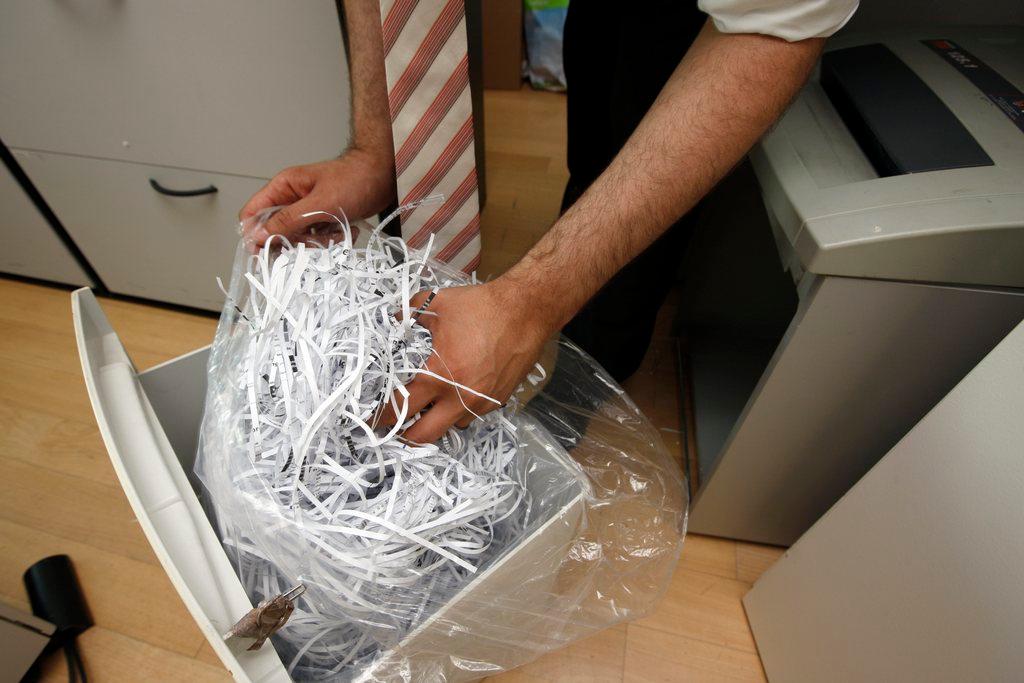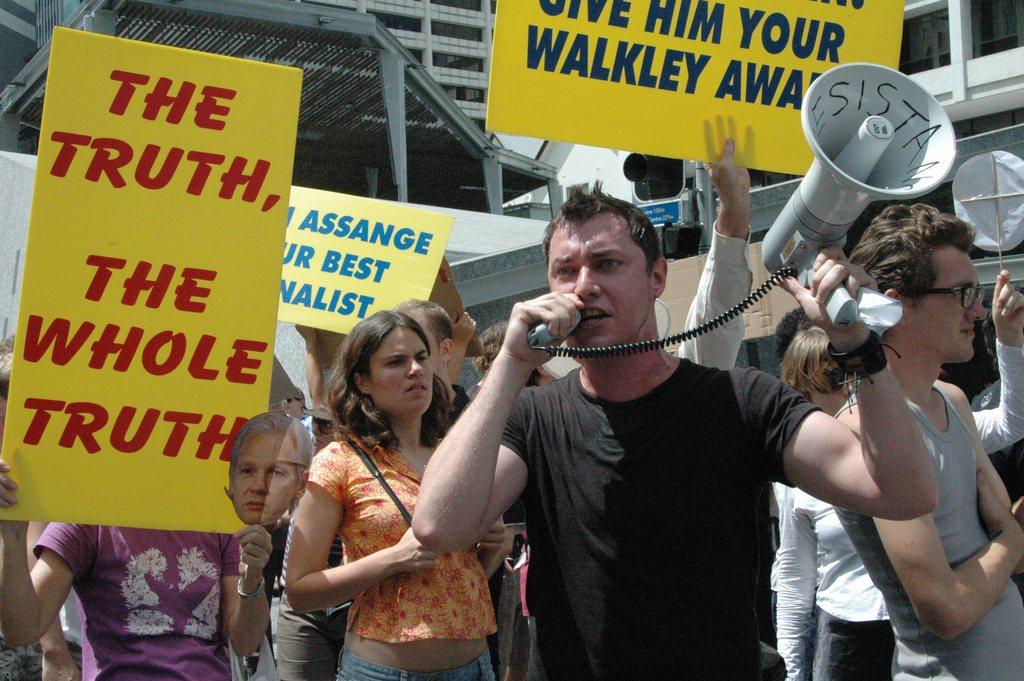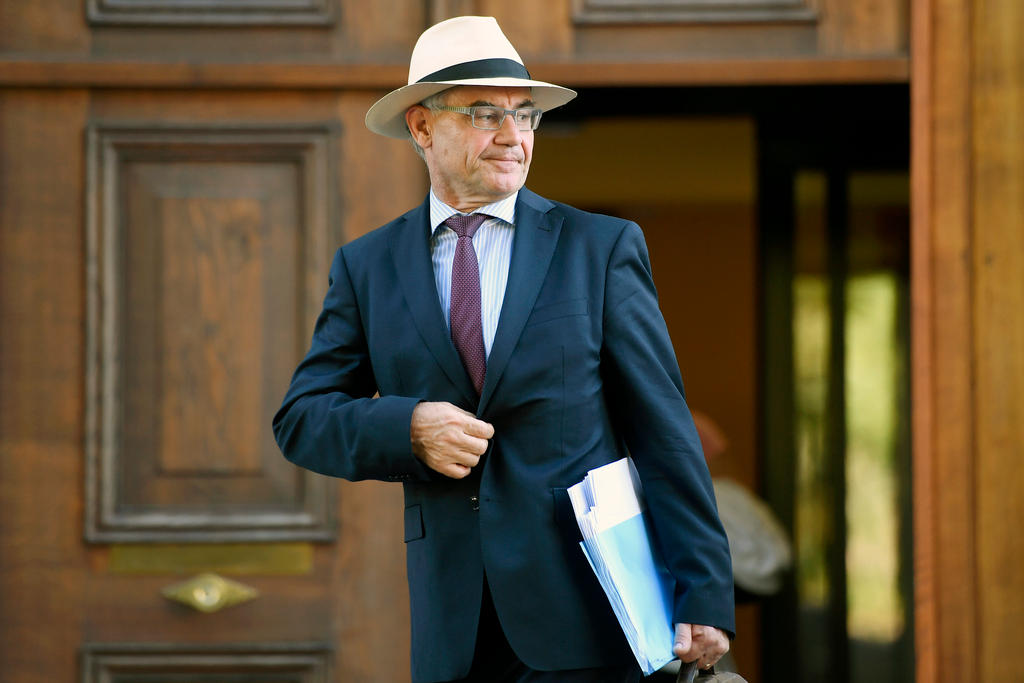Swiss whistleblowing culture still in infancy

The protective veil of Swiss banking secrecy was famously dealt a fatal blow by the testimony of a handful of whistleblowers in recent years. But it appears that the culture of whistleblowing on corrupt or unethical practices has barely permeated beyond larger companies.
The first forensic study of Swiss whistleblowing, presented in Zurich on Tuesday, found that only 11% of small and medium-sized enterprises (SMEs) have installed whistleblowing systems to date. This is especially telling as SMEs (firms with under 250 employees) make up 99.8% of all companies in Switzerland.
Furthermore, SME whistleblowing systems yield on average just one report of suspicious activity every three years, according to the study by the University of Applied Sciences of Eastern Switzerland (HTW). The findings show a clear need to communicate the beneficial effects of whistleblowing, says Integrity Line, a company that advises the corporate world on how to report misbehaviour.
HTW surveyed 364 companies of varying sizes for the Whistleblowing Report 2018. It found that large firms (250 employees or more) were far more proactive in setting up internal or external reporting systems. Seven out of ten had formal procedures for employees to report suspicions.

More
Crowdfunding to reward whistleblowers
“The reputation of SMEs can be damaged by fraud or unethical practices just as easily as larger companies,” said Zora Ledergerber, a Swiss anti-corruption expert and founder of Integrity Line. “The best way to avoid such risks is with early detection. The study shows that Switzerland still has some way to go in communicating this idea.”
Ledergerber placed some of that blame at the door of lawmakers. Proposed legislation to better protect the employment rights of whistleblowers, or at least provide compensation for those forced out of their jobs, has been kicked around parliament for the past 14 years without getting anywhere, she said.
‘Intimidating’
The HSW study also showed a mixed bag of results when reports were lodged at Swiss companies. The average large firm receives on average just over one report a week, it states. But 46% of these reports are dismissed as “irrelevant” to the firms’ codes of practice – and a further 3% were considered malicious.
Nevertheless, SMEs should promote more whistleblowing, according to the report’s lead author Christian Hauser. “It can be intimidating to stand up and speak out if you are working in a small group at an SME,” he told swissinfo.ch. “People naturally fear the response of bosses or fellow employees.”
He gave an example of one SME that had the embarrassing experience of finding out about the unethical practices of an agent through the industry grapevine, rather than internally. “Extending anonymous reporting systems to suppliers and customers could also help with early detection of problems,” he said.

In compliance with the JTI standards
More: SWI swissinfo.ch certified by the Journalism Trust Initiative












You can find an overview of ongoing debates with our journalists here . Please join us!
If you want to start a conversation about a topic raised in this article or want to report factual errors, email us at english@swissinfo.ch.